Yesterday I had the pleasure to speak at #Henley Business School on the #Board Directors Programme courtesy of @Andrew Kakabadse. My topic ‘What boards need to know about risk’ was well received by an audience of board directors from a variety of industry sectors. Among other speakers on the programme were @Bryan Foss of #Risk Coalition and @ Louis Cooper of #NEDA. Thanks to both organisers and delegates for making this an enjoyable experience.
For those who missed in here are some of the main take-outs on risk for board directors:
- Risk is an opinion of a future outcome and any board director can have an opinion, it doesn’t need to be left to risk specialists to identify risk. A well-run board should encourage debate about future risks to the business as both threat and opportunity.
- Perception of risk is vital. You can have the best risk management systems in the word but if you fail to spot a risk these are worthless. Risk identification is the responsibility of both the executive board members and NEDs. Beware of risk blindness and risk denial.
- Handling risk in the board room requires directors to recognise cognitive bias that prevents risk identification or at least distorts perception of a risk. Diversity of thought is important and disagreement can be healthy if it encourages full consideration of risk.
- Communication of risk beyond the boardroom requires an understanding of impact on audiences and the likely response to risk disclosure. Directors should always be mindful of what their audience can do to respond and how this revelation helps the business.
- A risk committee may be tasked with identifying potential business disruptors, but it should also include the remit to identify opportunities to exploit in future scenarios and thus contribute to business sustainability and long-term strategy.
- The board has a duty of stewardship and must exhibit good judgement so risk is part of its role along with strategy in looking to the future. Foresight and planning require a full understanding of risk as an enabler, not merely a function for compliance.
- Strategic risks – Reputational, Ethical and Political – are board level considerations and often site beyond the remit of a risk committee tasked with operational risk management. The board must set risk appetite and be aware of strategic risks involved in this.

